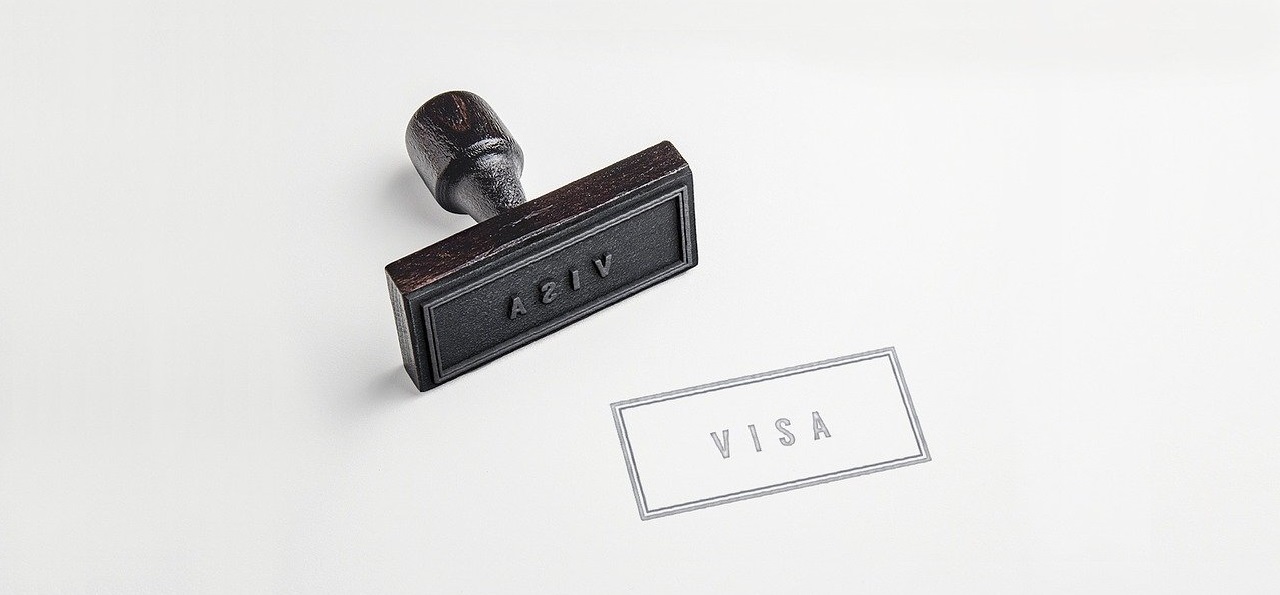US Citizenship and Immigration Services announced April 1 that it received enough electronic petitions to reach both the regular H-1B visa cap and the advanced degree exemption for fiscal year 2025. The registration period launched March 6 and closed March 25; changes to the process include higher fees, a fraud crackdown and new organizational accounts.
H-1B visas are used to bring foreign temporary skilled workers such as IT, engineering and healthcare professionals into the US.
“We have randomly selected enough properly submitted registrations for unique beneficiaries projected as needed to reach the H-1B cap and have notified all prospective petitioners with selected beneficiaries that they are eligible to file an H-1B cap-subject petition for such beneficiaries,” the USCIS announcement stated.
H-1B cap-subject petitions for fiscal year 2025, including those petitions eligible for the advanced degree exemption, may be filed with USCIS beginning April 1, if filed for a selected beneficiary and based on a valid registration. Only petitioners with registrations for selected beneficiaries may file H-1B cap-subject petitions for fiscal year 2025.USCIS on Jan. 30 announced a final rule containing provisions to create a “beneficiary-centric” selection process for registrations by employers aimed at preventing H-1B candidates from submitting multiple applications. Previously, individuals could file applications through multiple employers, which the USCIS said increased their chances of being selected.
Petitioners with selected beneficiaries for fiscal 2025 could submit H-1B petitions starting April 1, the same day a new USCIS fee rule took effect that raised the H-1B filing fee to $780, up 70% from the prior $460 price tag. However, the fee for nonprofits as well as employers with fewer than 25 full-time equivalent employees remains at $460.









